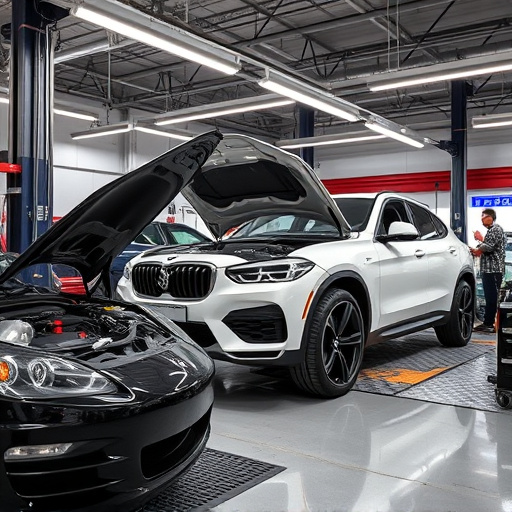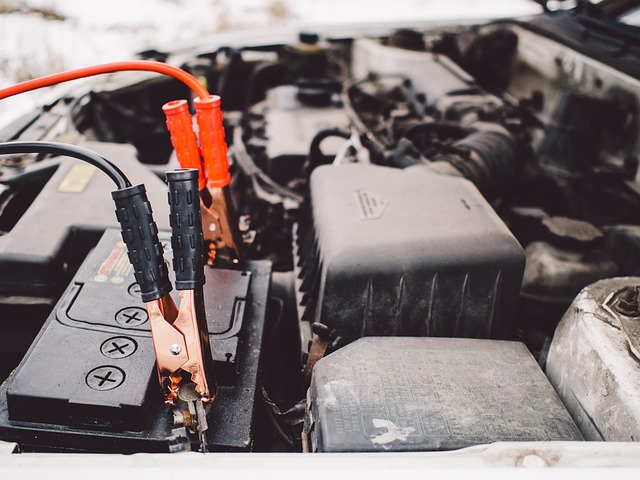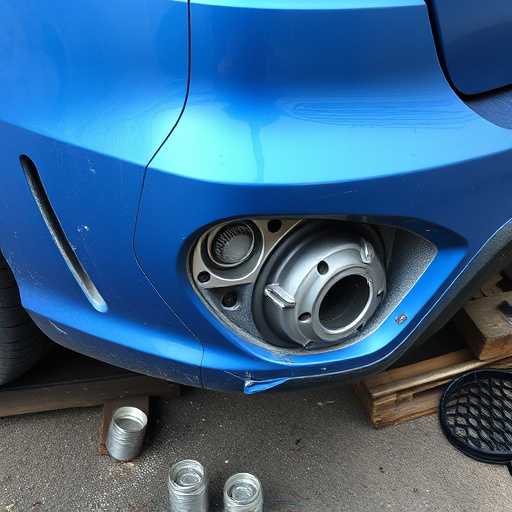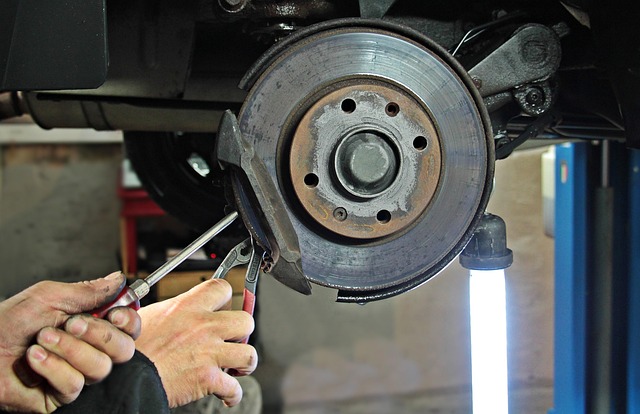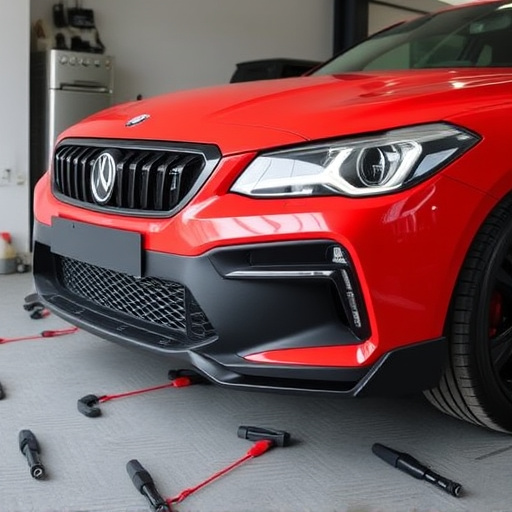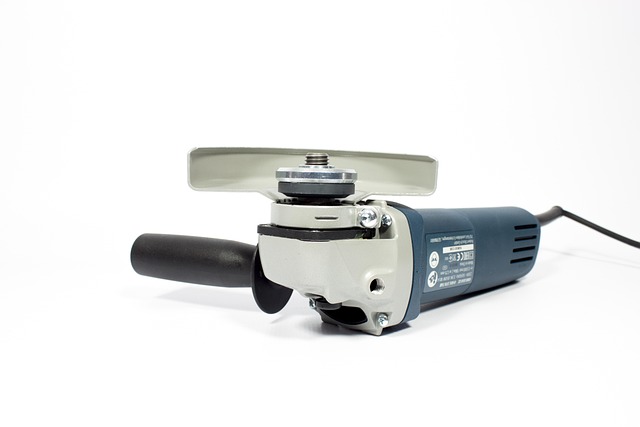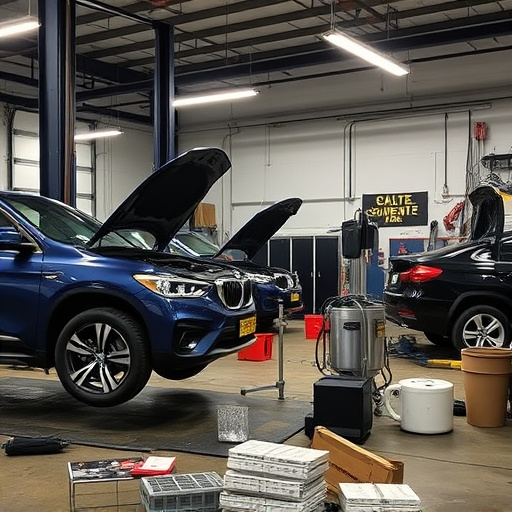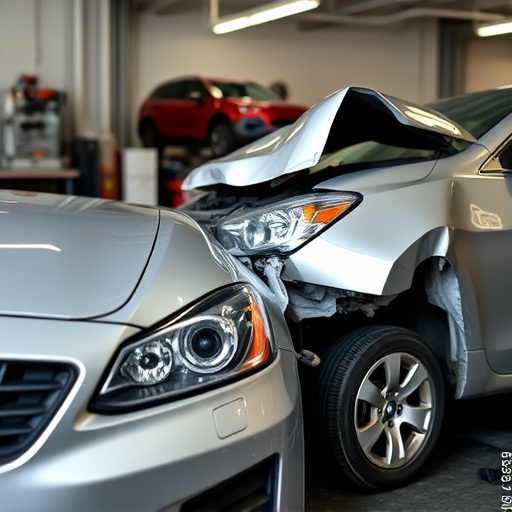Auto glass warranties provide enhanced protection against cracks and chips, covering repairs or replacements for windshields, side, and rear windows due to various causes. Coverage varies among manufacturers and insurers; examining specifics, deductibles, limitations, and claims process is crucial before deciding. Understanding the process ensures a stress-free experience; it involves reporting damage, assessment, repair/replacement under terms, and timely claims for optimal warranty benefits.
Is an auto glass warranty still relevant in today’s automotive landscape? With increasing advancements in safety technologies, it’s essential to weigh whether these guarantees offer value beyond basic coverage. This article explores the ins and outs of auto glass warranty coverage, helping you decide if it’s worth your time and money. We’ll delve into its benefits and drawbacks, guide you through the claims process, and provide insights to make an informed decision regarding this added layer of protection for your vehicle.
- Understanding Auto Glass Warranty Coverage
- Pros and Cons of Adding a Warranty to Your Vehicle
- Navigating Claims: What to Expect from Auto Glass Warranties
Understanding Auto Glass Warranty Coverage

Auto glass warranty coverage has evolved over the years to provide drivers with enhanced protection against unexpected cracks and chips. This type of warranty goes beyond traditional vehicle insurance, offering peace of mind by covering repairs or replacements for your car’s windshield, side windows, and rear window. Understanding what is included in an auto glass warranty is crucial before deciding if it’s worth your time and investment.
These warranties typically cover various scenarios, including damage from debris on the road, storms, or accidental bumps. Some even extend coverage to specific types of damages, such as cracks caused by extreme temperature changes. It’s important to note that not all auto glass warranties are created equal; the terms and conditions can vary significantly between manufacturers and insurance providers. When considering whether an auto glass warranty is worth your time, explore the specifics of the coverage, including deductibles, limitations on certain types of damages (like claims history or pre-existing cracks), and the process for filing claims. Additionally, comparing warranties from different car repair services can help you find the best option tailored to your needs and budget.
Pros and Cons of Adding a Warranty to Your Vehicle
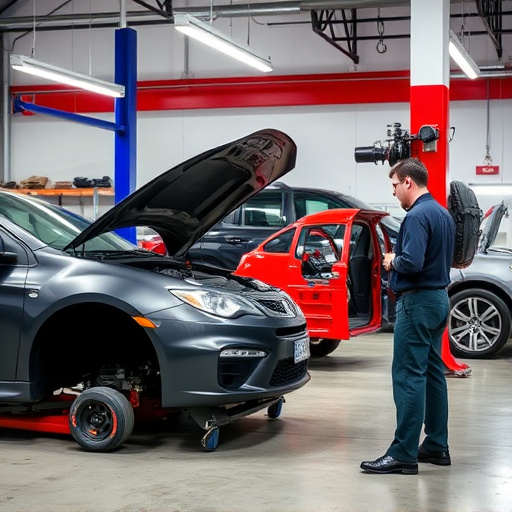
Adding an auto glass warranty to your vehicle can offer peace of mind and significant savings on unexpected costs. One of the primary advantages is the financial protection it provides for repairs or replacements due to accidents, natural disasters, or manufacturing defects. This is especially beneficial for expensive components like auto glass, as the cost of repair or replacement can quickly add up. Moreover, a warranty can ensure that you’re not left with a substantial bill during what might already be a stressful situation, such as after a collision at a collision repair shop or during severe weather events.
However, there are also considerations before diving into this decision. Auto glass warranties vary in terms of coverage and exclusions, so it’s crucial to read the fine print. Some policies may only cover specific types of damage or have limitations on the age of the vehicle or existing conditions. Additionally, the cost of adding a warranty should be weighed against potential future expenses. While it might seem like an extra expense upfront, for vehicles frequently exposed to harsh weather conditions or prone to accidents, the benefits can outweigh the costs, ensuring the integrity of your vehicle’s bodywork and collision repair services over time.
Navigating Claims: What to Expect from Auto Glass Warranties
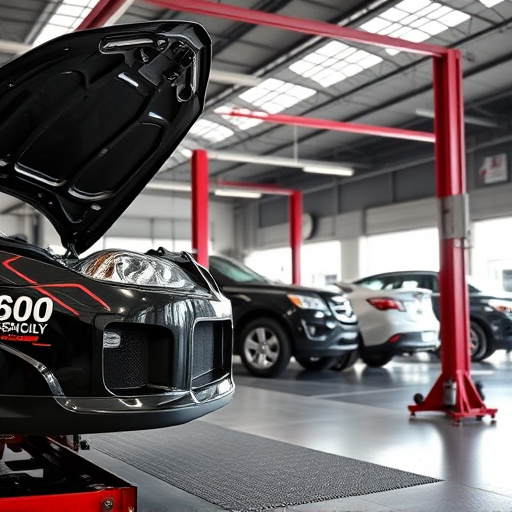
Navigating Claims: What to Expect from Auto Glass Warranties
When it comes to auto glass warranty claims, understanding what to expect can make all the difference in a smooth or stressful experience. Typically, the process begins with reporting the damage or crack to your vehicle’s windshield or other glass components. You’ll then be directed to a preferred or network vehicle body shop, often located within collision centers, where the repair or replacement will be handled. The auto glass warranty company will communicate the necessary steps and provide a timeline for completion, ensuring minimal disruption to your daily commute.
At these specialized shops, skilled technicians will assess the damage and determine whether it falls under the warranty terms. For minor cracks or chips, repairs might be as simple as injecting a clear resin to fill and harden, leaving only a faint trace of the original damage. More extensive breaks or complex shapes may require complete glass replacement, utilizing factory-grade materials to ensure safety and precision fitting. Throughout the process, keep in mind that timely claims and regular maintenance can significantly contribute to the overall effectiveness of your auto glass warranty coverage.
In conclusion, while an auto glass warranty may offer peace of mind and cost savings in the event of damage, it’s essential to weigh the pros and cons. Understanding the coverage, expectations during claims processes, and considering your vehicle’s age and usage can help determine if adding a warranty is still worth your time and money. As you navigate this decision, remember that being informed and proactive regarding auto glass repairs can protect your investment and ensure a safer driving experience.
